Being a dog owner comes with a lot of joy—but also a lot of responsibility. One small mistake might not seem like a big deal at first, but over time, it can lead to serious problems for your dog’s health, behavior, or happiness. Many well-meaning owners don’t even realize they’re doing something wrong until it’s too late. From feeding habits to training choices, every decision counts. Dogs rely on us to keep them safe, healthy, and loved. Knowing what *not* to do is just as important as knowing what to do right.
Ignoring Mental Stimulation
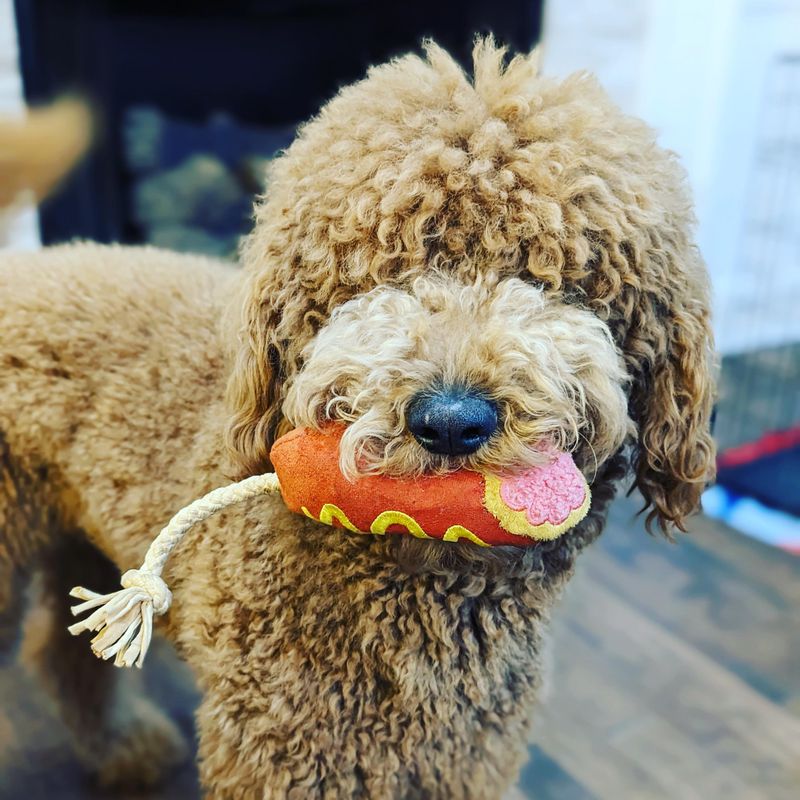
Imagine being stuck in a room with nothing to do for hours. Dogs need mental stimulation just as much as physical exercise. Without it, they can develop behavioral issues.
Provide puzzle toys and engage in training sessions. These activities challenge their minds and prevent boredom. Regular playtime and walks offer new scents and sights, keeping their brains active.
A mentally stimulated dog is a happy dog. Ignoring this need can lead to destructive behavior. Keeping your dog’s mind occupied supports a harmonious household. After all, a tired dog is a well-behaved dog.
Overlooking Safe Environment

Puppies and dogs are naturally curious creatures. Leaving harmful substances within their reach poses serious risks. Chemicals, plants, and small objects can be dangerous.
Ensuring your home is a safe space for your dog is vital. Childproof latches on cabinets and storing items out of reach can prevent accidents. Consider your home from a dog’s perspective.
Creating a safe environment reduces the chances of unexpected emergencies. Being proactive in this regard demonstrates responsible pet ownership. Protecting your furry friend starts at home, where they should feel most secure.
Skipping Regular Vet Visits
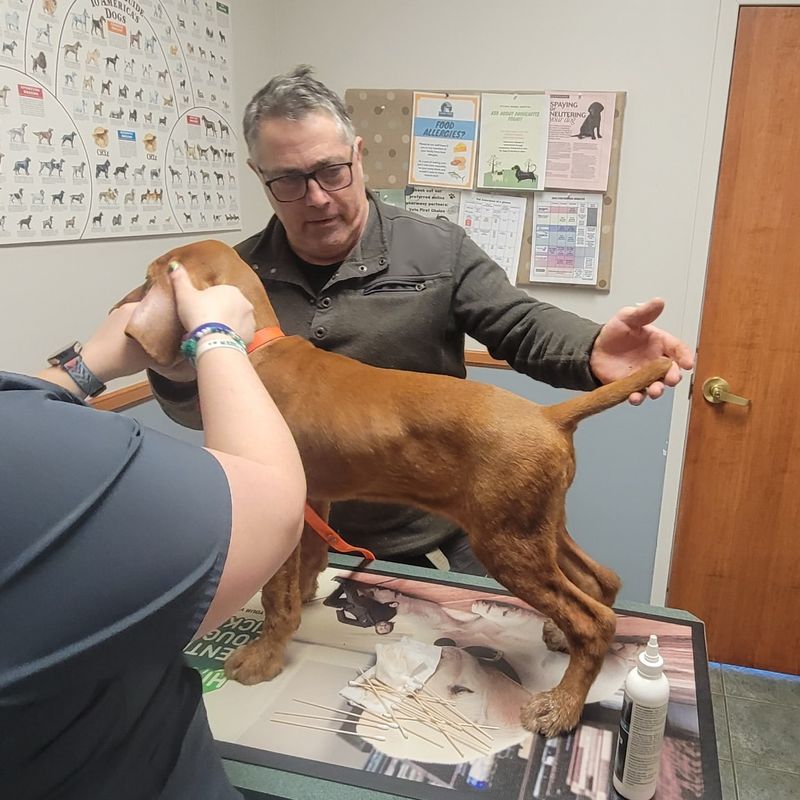
Skipping regular vet visits is a common mistake that many dog owners make due to time constraints or financial concerns. However, these visits are crucial for your pet’s health. Routine check-ups help detect potential health issues early, ensuring timely treatment.
Moreover, regular vaccinations and parasite control are essential preventive measures. Missing these can lead to serious health problems for your dog. Veterinarians also provide valuable advice on diet and exercise tailored to your dog’s needs.
Ultimately, investing time in regular vet visits can save you stress and money in the long run, ensuring your dog lives a healthy, happy life.
Ignoring Proper Training
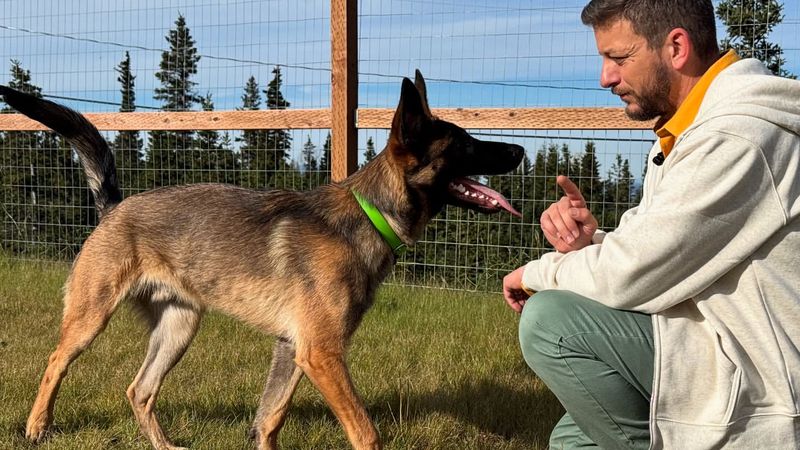
Proper training is fundamental to a harmonious life with your dog. Ignoring this aspect can lead to behavioral issues that are difficult to correct later. Training helps in establishing boundaries and understanding between you and your pet.
It’s not just about obedience; training enhances mental stimulation and strengthens the bond you share. Starting early with basic commands and socialization is key.
Remember, consistency and patience are crucial. Consider enrolling in a puppy class or seeking professional help if needed. Making training a priority will lead to a well-mannered, happier companion.
Neglecting Dental Care
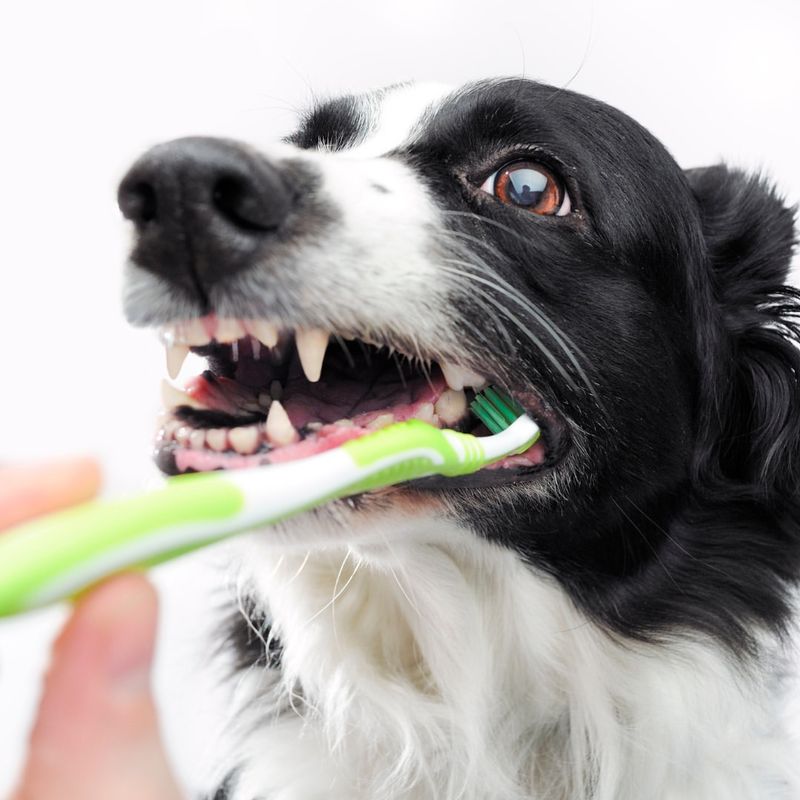
Dental care is often overlooked by dog owners, yet it’s vital for your pet’s overall health. Neglecting dental hygiene can lead to plaque buildup, gum disease, and even serious infections. Regular brushing and veterinary dental cleanings are essential.
Providing dental chews and toys can also aid in maintaining oral health. Early training for dental care can make the process easier for both you and your dog.
By making dental care a routine part of your dog’s life, you help prevent pain and health issues, contributing to a longer, healthier life for your furry friend.
Overfeeding and Lack of Exercise
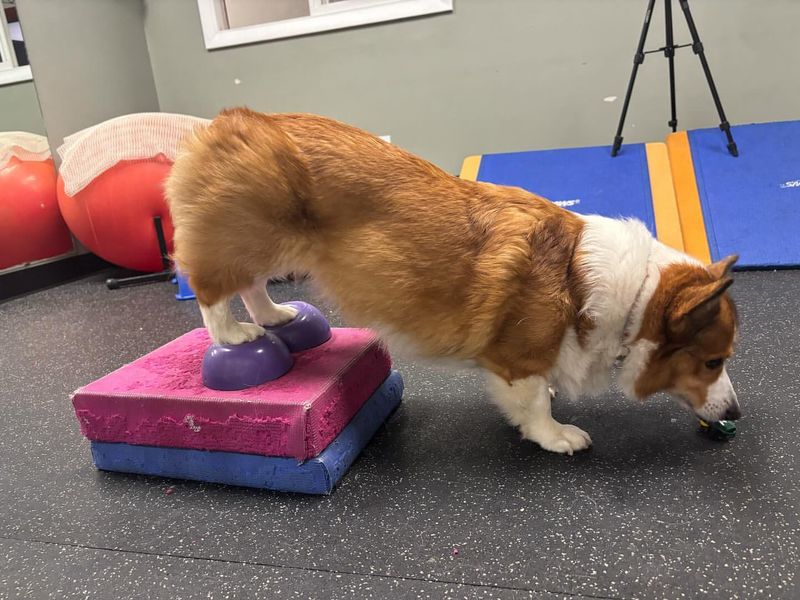
Overfeeding and lack of exercise are common mistakes that lead to obesity in dogs. Many owners equate food with love, but overfeeding can cause serious health issues like diabetes and joint problems.
It’s important to follow feeding guidelines and consult with your vet for a suitable diet plan. Regular exercise is equally crucial for maintaining a healthy weight and mental well-being.
Activities like walking, playing fetch, and swimming are excellent ways to keep your dog active. Balancing diet and exercise will ensure your dog stays fit and full of energy, enhancing their quality of life.
Leaving Your Dog Alone Too Long

Leaving your dog alone for extended periods can lead to separation anxiety and destructive behavior. Dogs are social animals and need companionship. Long hours alone can cause stress and boredom.
Consider doggy daycare or hiring a dog walker if you’re away often. Providing interactive toys can also help keep them engaged. Training your dog to be comfortable alone is essential but should be done gradually.
Ensuring your dog gets enough social interaction and mental stimulation will lead to a happier, more balanced pet, reducing anxiety-related issues.
Inconsistent Rules and Boundaries

Inconsistent rules can confuse your dog and lead to behavioral issues. Dogs thrive on routine and understanding what’s expected of them. If one day they’re allowed on the couch and the next they’re not, it creates confusion.
Establish clear rules and ensure all family members enforce them consistently. Consistency helps your dog learn and adapt to your household expectations.
Clear communication and routine make training more effective, fostering a sense of security for your dog. A well-structured environment leads to a more obedient and relaxed companion.
Not Socializing Your Dog

Socialization is crucial for your dog’s development and happiness. Not exposing your pet to different environments, people, and other dogs can lead to fear and aggression.
Early socialization helps your dog become familiar with the world, reducing anxiety and improving behavior in various situations. Regular visits to the dog park and playdates with other dogs are beneficial.
Enroll in puppy classes or join local dog groups to enhance social skills. A well-socialized dog is more confident and adaptable, leading to a more enjoyable companionship.
Using Harsh Punishments

Using harsh punishment is detrimental to your dog’s well-being. It can lead to fear, anxiety, and damaged trust between you and your pet. Positive reinforcement is a more effective training method.
Rewarding good behavior encourages repetition and strengthens your bond. Avoid physical punishment or yelling, as it can exacerbate behavioral problems.
Focus on rewarding desired behaviors and redirecting unwanted actions. Patience and compassion go a long way in training. By fostering a positive relationship, you create a loving, trusting environment for your dog to thrive.
Neglecting Grooming Needs
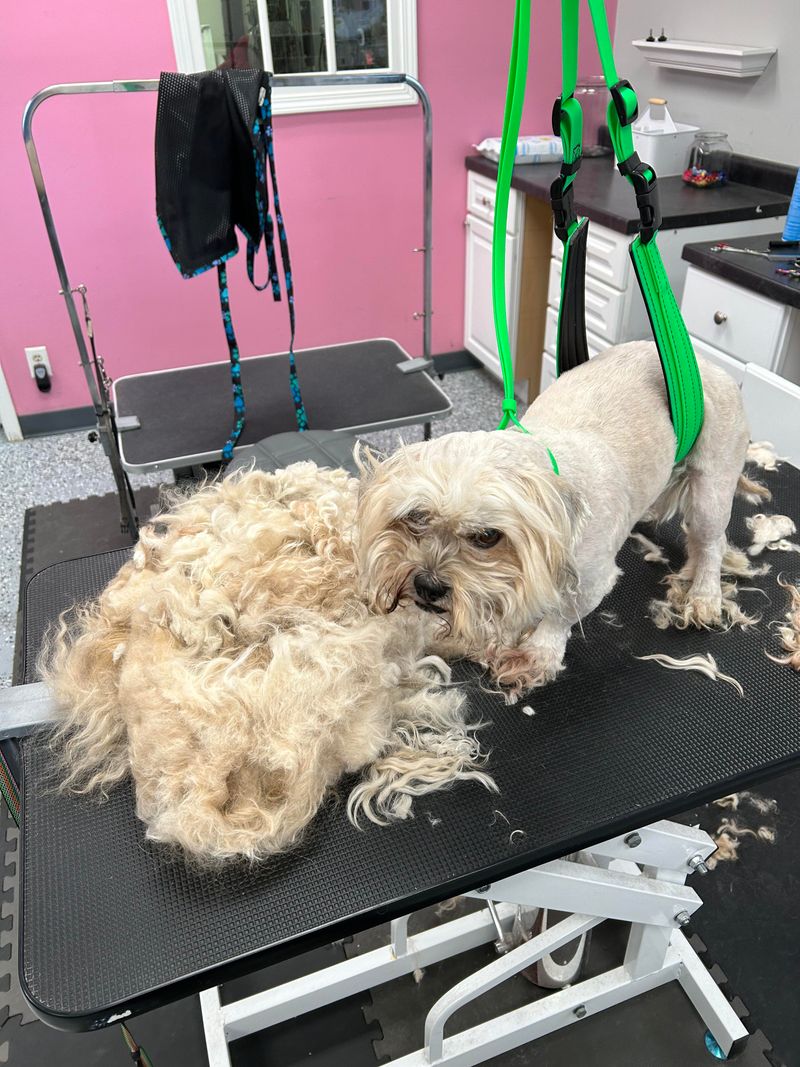
Grooming is not just about aesthetics; it’s essential for your dog’s health. Neglecting regular grooming can lead to matted fur, skin infections, and discomfort.
Different breeds have varying grooming needs, from regular brushing to occasional trims. Baths, nail clipping, and ear cleaning are part of comprehensive care.
Regular grooming sessions provide an opportunity to check for parasites and skin issues. Starting a grooming routine early helps your dog become accustomed to the process, making it an enjoyable bonding experience. Keeping your pet well-groomed enhances their comfort and overall health.

